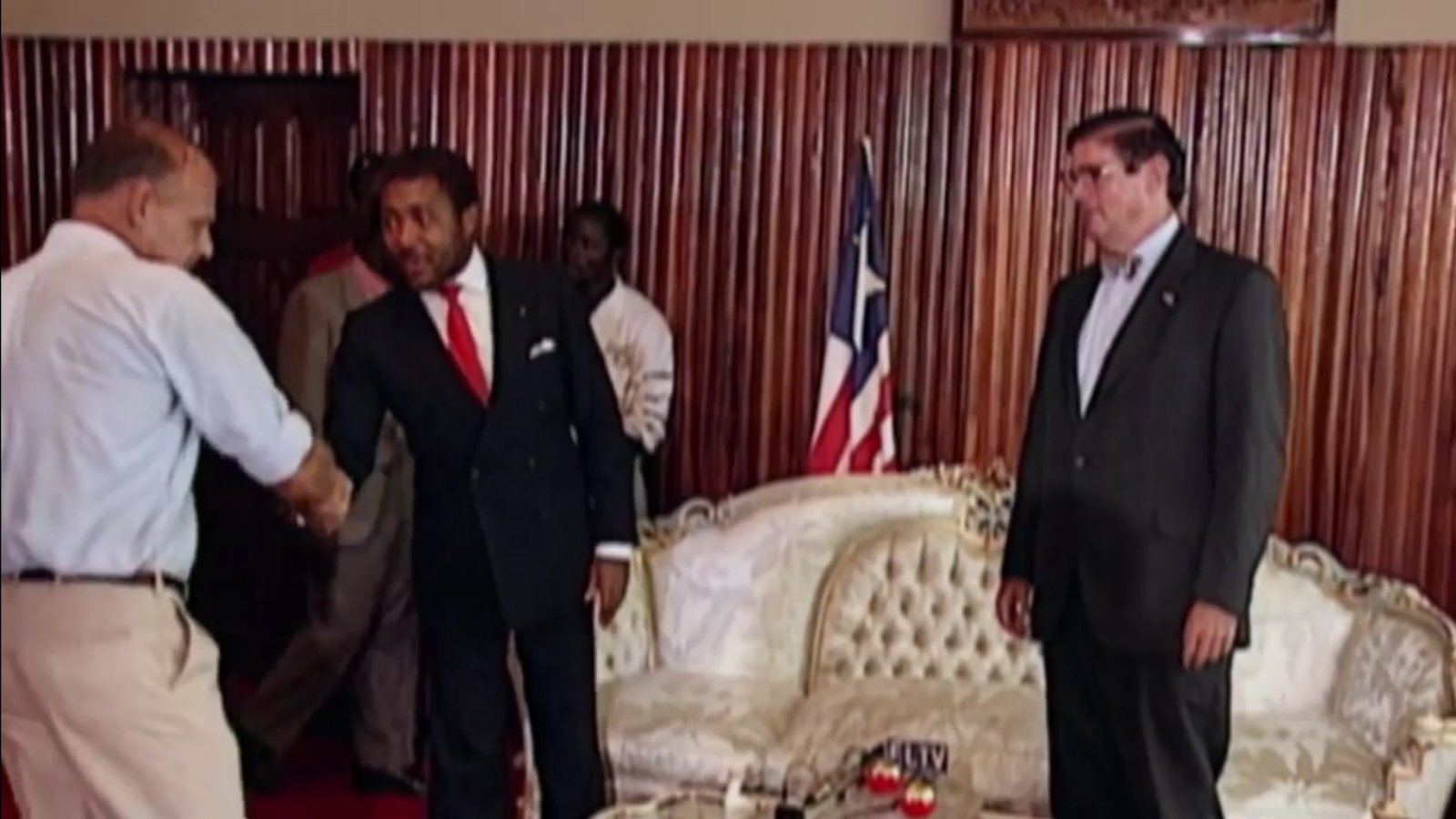DOCUMENTARY OF THE WEEK – Firestone and the Warlord

DOCUMENTARY OF THE WEEK — Firestone and the Warlord: Another hit by PBS Frontline, the film takes a look at the strange tale of the American household-name tire company mired in a civil war in Liberia and the debate still waging about its level of complicity in mass murder. Firestone had been operating a mn-acre rubber plantation (leasing it at USD 0.06 an acre) since 1926, and has largely shaped US agenda and policy in Liberia from that time on. That relationship wouldn’t really hit the spotlight until convicted warlord Charles Taylor’s insurgency took steam in 1990 and took over the plantation. Abandoning their workers to Taylor’s child soldiers, the American managers of the plantation (who fancied themselves Antebellum Southern gentry, to hear some of the local workers tell it) fled. As Liberian rubber produced the highest quality latex in the world, declining profits led the company to try and get back in, pulling no stops in reaching an agreement with Taylor where they paid “taxes” and tolerated his use of sections of the plantation as a military base. It did this with the aid of senior US diplomats. Note the scene in the image above of the US ambassador telling Taylor that they (the embassy) worked for Firestone (minute 53:32). The company is still the largest private-sector employer in Liberia, according to the documentary.
The issue of complicity runs constant throughout the film, a debate we feel was put to rest when it ran footage of Taylor at his trial testifying that his arrangement with Firestone was his best source of FX during the conflict in Liberia. His use of it as a base had caused the deaths of over 40 employees. The company always maintained that it stayed for the benefit of the workers. Its official statement to Frontline was that it was “proud” to have preserved a key economic asset of Liberia. Among the funniest parts of the documentary was hearing the managers defend the company. The debate gets interesting when raises interesting questions on corporate personhood. No one really blames civilians for having to deal with a soldier parked in his backyard. But pulling on that thread would take us down another tangent. We’ll just let you make up your own mind. Watch (runtime: 1:25:41).